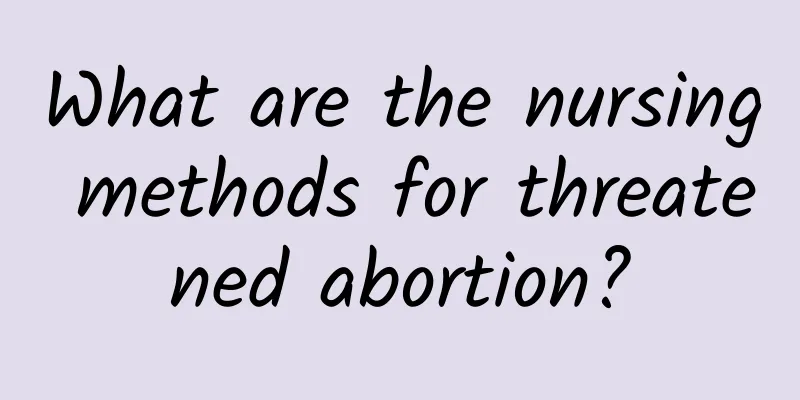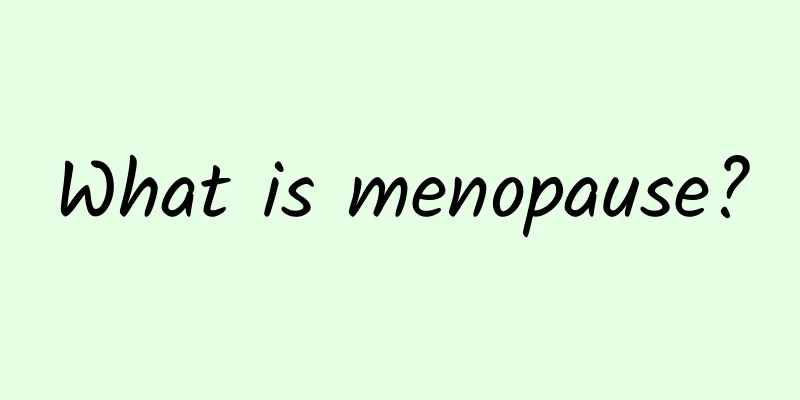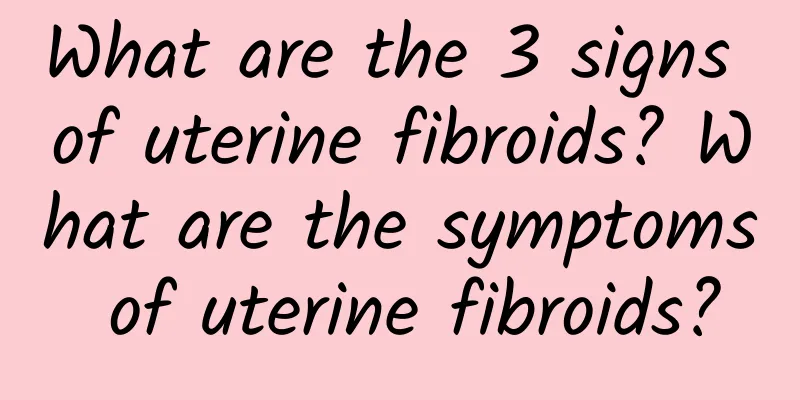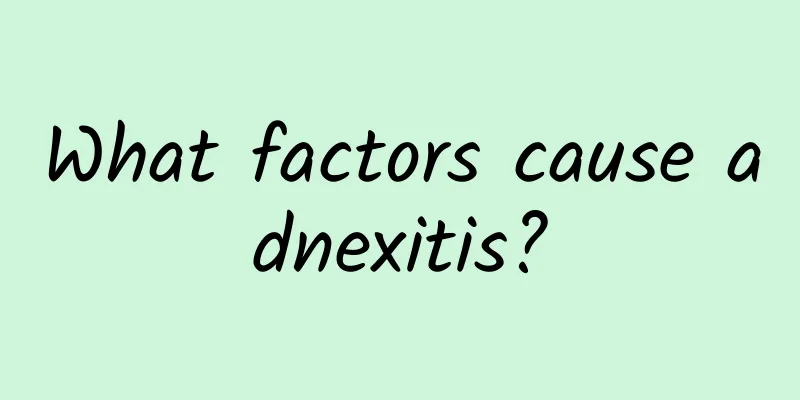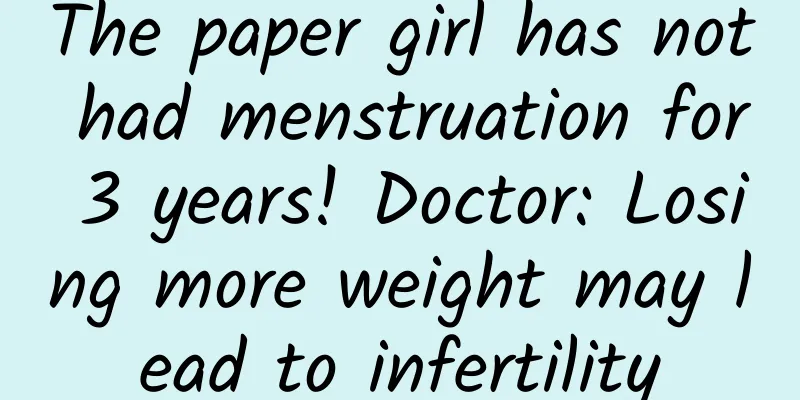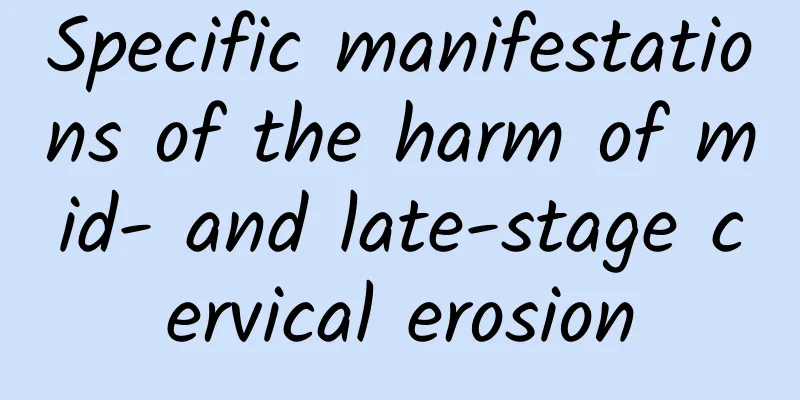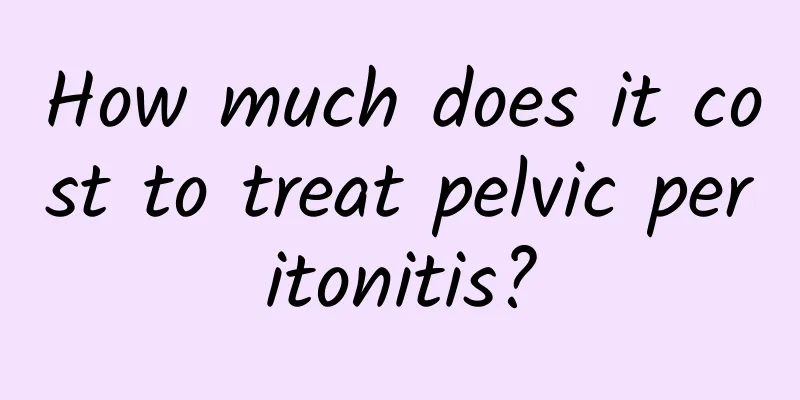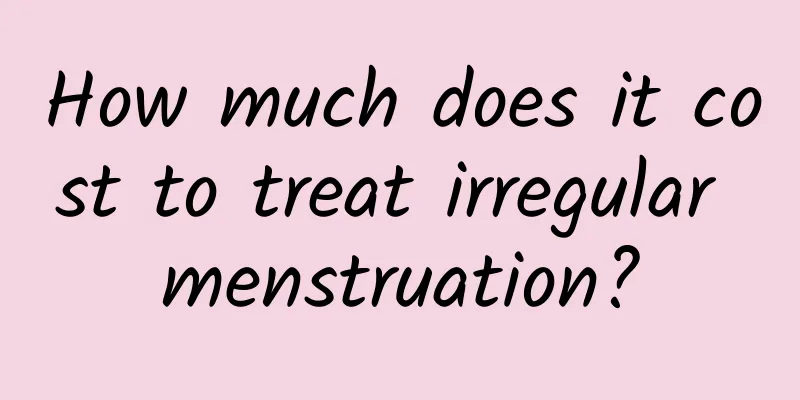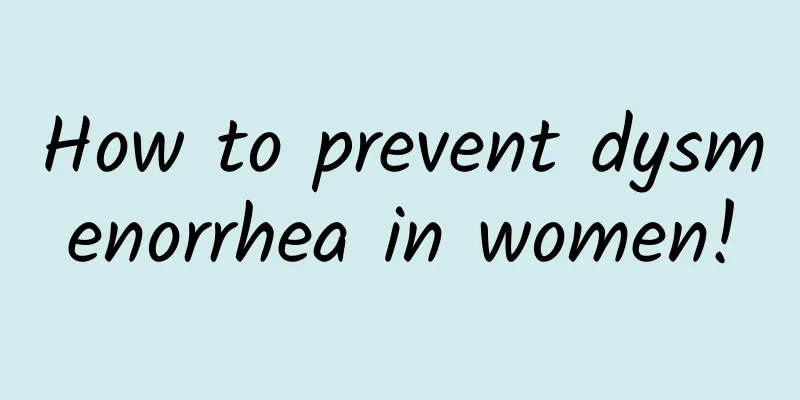Does the ovarian cyst still need treatment after menstruation?
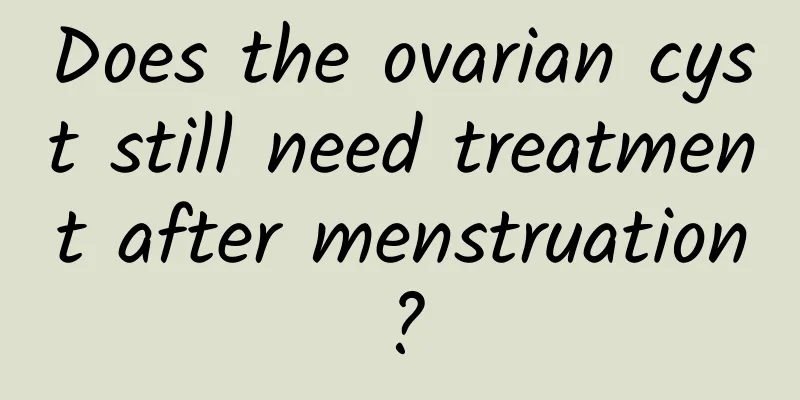
|
Many women must think that ovarian cysts are a disease, but this is a wrong understanding. Not all ovarian cysts are complications, and they may be normal. So if the ovarian cyst disappears after menstruation, do you still need to treat it? If the ovarian cyst disappears after menstruation, it may be a physiological ovarian cyst. Physiological ovarian cysts are the most common ovarian cysts and usually occur in women of childbearing age during the ovulation period. Physiological ovarian cysts sometimes disappear automatically. Physiological ovarian cysts refer to cystic tumors in the ovaries, which can be divided into two categories: tumorous and non-tumorous. The ovarian cysts that people usually refer to are non-tumorous ones. Pathological ovarian cysts have no obvious clinical manifestations in the early stages and are often discovered only during gynecological examinations when patients seek medical treatment for other diseases. Later, as the tumor grows, patients begin to feel it. The symptoms and signs vary depending on the nature, size, development, and presence or absence of secondary degeneration or complications of the tumor. 1. Discomfort in the lower abdomen. This is the initial symptom before the patient feels a mass in the lower abdomen. Due to the weight of the tumor itself and the influence of intestinal peristalsis and changes in body position, the tumor moves in the pelvic cavity, pulling on its pedicle and pelvic funnel ligament, causing the patient to feel distension and a sense of falling in the lower abdomen or iliac fossa. 2. Increased abdominal circumference and abdominal swelling. 3. Abdominal pain. If the tumor has no complications, there is little pain. Patients with ovarian tumors may feel abdominal pain, especially if it occurs suddenly. This is usually caused by the twisting of the tumor pedicle, or occasionally by tumor rupture, bleeding or infection. Malignant cysts often cause abdominal pain and leg pain. Pain often causes patients to seek emergency treatment. 4. Menstrual disorders. 5. Compression symptoms. Ovarian cysts can be treated with medication if they are not serious: Hongjin Xiaojie Tablets: Soothe the liver and regulate qi, promote blood circulation and remove blood stasis, reduce swelling and relieve pain. Hongjin Xiaojie Concentrated Pills: It is the first-line medicine for breast hyperplasia, uterine fibroids, and ovarian cysts. Guizhi Fuling Capsule: Used for amenorrhea and dysmenorrhea caused by blood stasis blocking the collaterals in women. |
<<: Will pelvic effusion lead to less menstruation? What are the dangers?
>>: What symptoms do uterine fibroids cause?
Recommend
Which hospital should I go to for grade 3 cervical precancerous lesions?
A regular hospital for the treatment of diseases ...
How can women prevent cervicitis in their daily life?
Cervicitis is a common gynecological disease in o...
To lose weight, you must first wake up your buttocks! Muscle Mom: Deadlift first, then squat
If you want to lose weight successfully, in addit...
What are the hazards of pelvic effusion? Daily protection for patients with pelvic effusion
Is female pelvic effusion serious? Gynecological ...
What adverse symptoms will irregular menstruation cause to women?
Although irregular menstruation is a common sympt...
Get rid of fatty liver by doing this! 4 seated yoga stretches to help improve
Is your liver getting fat? According to a survey,...
Do I need estrogen supplementation for adenomyosis?
Is estrogen supplementation necessary for adenomy...
Causes and symptoms of uterine cysts
The causes of uterine cysts include genetics, env...
How to prevent and treat pelvic inflammatory disease in women?
Pelvic inflammatory disease is often divided into...
Detailed introduction to the causes of irregular menstruation
Women often have irregular menstruation in their ...
Diagnosis of ovarian cysts
Ovarian cyst is a tumorous gynecological disease,...
Introduction to typical symptoms of atrophic vulvar leukoplakia at different stages
What are the symptoms of atrophic vulvar leukopla...
Lifting a water bottle can also reduce the appearance of side breasts and increase your breast size!
I naively thought that my breasts were big, but w...
Hospitalization costs for patients with threatened abortion
Many pregnant mothers have threatened miscarriage...
Can I only eat bananas after exercise? Nutritionist: 3 steps to eat potatoes, which is also a good way to supplement potassium
Exercise is always the best way to lose weight! A...
